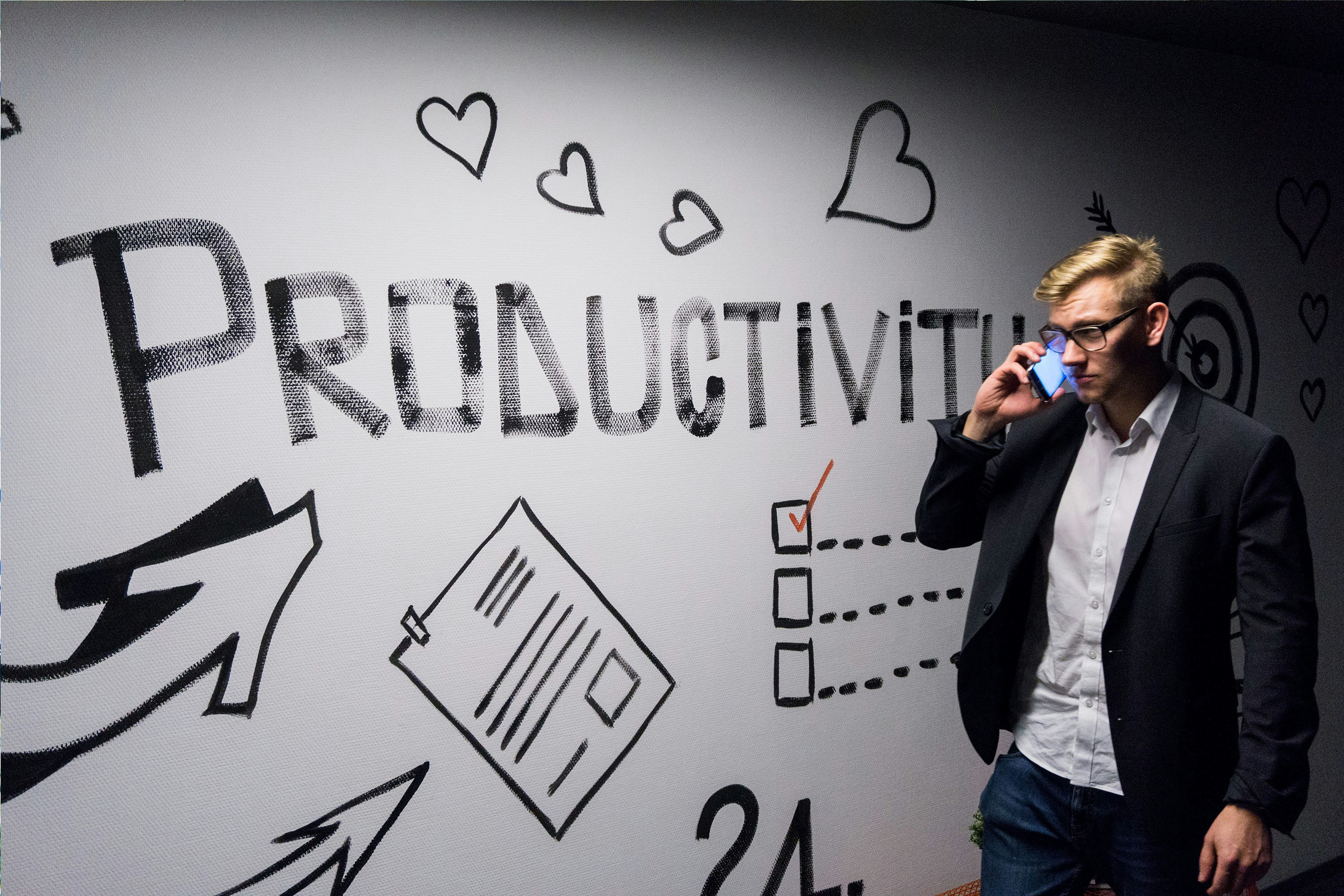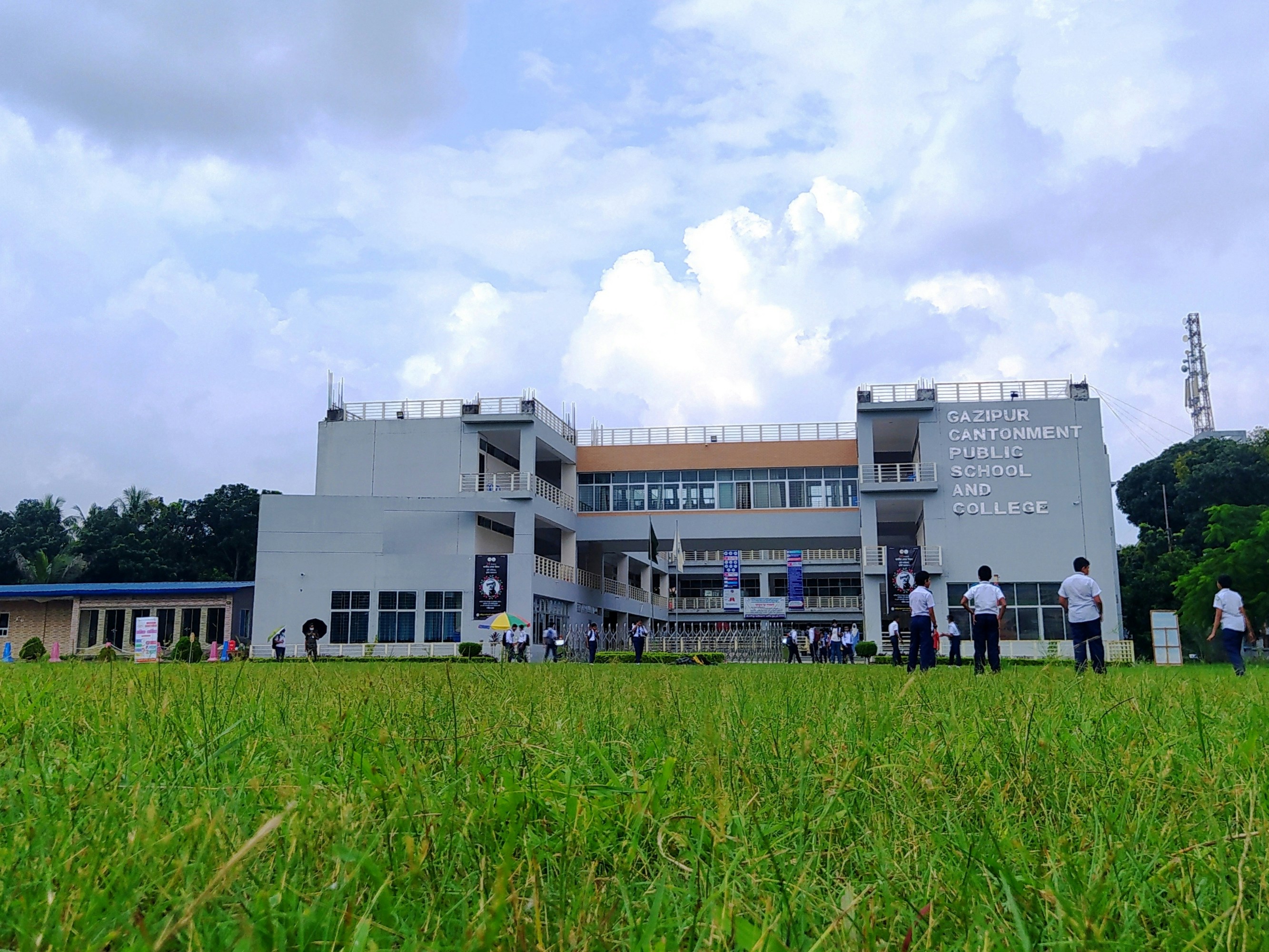Understanding Sleepiness and Laziness During Study Sessions
Sleepiness and laziness are common challenges faced by students during study sessions, often hindering their academic performance. To effectively address these issues, it is essential to identify their underlying causes. One primary factor contributing to feelings of lethargy is a lack of adequate sleep. The recommended duration of sleep for young adults ranges from seven to nine hours per night. Insufficient sleep not only leads to a decline in energy levels but also impairs cognitive functions such as attention and memory retention, which are crucial for effective studying.
Nutrition plays a vital role in maintaining energy levels and focus. A poor diet, laden with sugary snacks and high-calorie junk food, can lead to energy crashes, leaving students feeling sluggish and unmotivated. In contrast, a balanced diet rich in whole grains, fruits, vegetables, and lean proteins can significantly enhance concentration and stamina, thereby reducing feelings of laziness during study sessions. Hydration is another critical aspect; dehydration can lead to fatigue and diminish cognitive performance, thus affecting the overall study experience.
Additionally, a sedentary lifestyle can contribute to increased sleepiness. Prolonged sitting while studying can result in reduced blood circulation, leading to fatigue. Incorporating regular physical activity into daily routines can combat these effects, enhancing both physical and mental energy levels. Furthermore, mental fatigue, often resulting from overstimulation or continuous studying without breaks, can exacerbate feelings of laziness. Employing techniques such as the Pomodoro Technique, which encourages short breaks during study periods, can help combat this mental drain.
Understanding the interplay between these factors is essential for students looking to optimize their study sessions. By addressing sleep quality, nutrition, physical activity, and mental fatigue, one can significantly enhance study effectiveness, ultimately fostering better academic outcomes.
Effective Study Environment: Setting Up for Success
Creating an effective study environment is crucial for students seeking to enhance their focus and productivity. An optimal study space can minimize distractions and combat feelings of sleepiness and laziness, fostering a conducive atmosphere for learning. One of the key components of an effective study area is proper lighting. Natural light is ideal, as it not only keeps you alert but also helps maintain a positive mood. If natural light is unavailable, consider using warm white LED bulbs, which reduce eye strain and create a comfortable ambiance.
Comfortable furniture is equally important in establishing a productive study environment. An ergonomic chair and desk at the right height can significantly affect posture and concentration. Poor seating can lead to discomfort, distracting the student from their studies. Additionally, incorporating adjustable furniture allows for flexibility, letting students transition between sitting and standing as they work, which can also help to reduce feelings of fatigue.
The appropriate level of noise is another factor to consider. While some individuals study best in silence, others may benefit from background noise. Finding the right balance is essential; students can experiment with soft music, white noise machines, or ambient sounds. Online platforms also offer various study playlists designed to stimulate focus without overwhelming the senses.
Moreover, organization and cleanliness are vital aspects of an effective study environment. A clutter-free workspace not only reduces distractions but also enhances cognitive function. Students should regularly tidy their study areas and organize materials used frequently. Adding elements such as plants or motivational quotes can further personalize the space and provide a psychological boost. By carefully curating their study environment, students can create a setting that enhances productivity, counters sleepiness, and motivates them to achieve their academic goals.
Strategies to Boost Energy and Motivation
Maintaining high energy levels and motivation during study sessions is essential for effective learning and retention. One effective technique is the Pomodoro Technique, which involves studying for 25 minutes followed by a 5-minute break. This method enables students to enhance focus and prevents mental fatigue, encouraging sustained productivity over longer periods. After four Pomodoros, a more extended break of 15-30 minutes can be taken to re-energize and refresh the mind.
In addition to structured study techniques, regular breaks play a significant role in combating sleepiness and laziness. It is vital to step away from study materials periodically, as short intermissions allow for mental rejuvenation, reducing feelings of lethargy. Engaging in physical activity during breaks can be particularly beneficial. Activities such as walking, stretching, or doing quick exercises can invigorate the body and elevate mood, leading to enhanced focus upon return to studies.
Hydration and nutrition are equally crucial in maintaining energy levels. Students should ensure they remain well-hydrated throughout their study sessions, as even mild dehydration can impact concentration and cognitive performance. Complementing hydration with healthy snacks, such as fruits, nuts, or yogurt, will provide sustained energy and prevent dips in productivity stemming from sugary alternatives.
On the mental front, setting clear, attainable goals can significantly boost motivation. Breaking larger tasks into smaller, manageable objectives instills a sense of accomplishment, encouraging continued effort. Positive affirmations can also be a powerful technique, fostering a growth mindset and reinforcing the belief in one’s abilities. Visualizing success, such as picturing the completion of a study goal, further strengthens motivation, creating a mental roadmap that directs focus and energy towards achieving results.
Incorporating Mindfulness and Relaxation Techniques
In the pursuit of academic success, students often face substantial challenges such as sleepiness and a lack of motivation to study. One effective strategy to counteract these issues is the incorporation of mindfulness and relaxation techniques. These practices not only promote mental clarity but also refresh the body, enhancing the overall study experience and maintaining high levels of focus.
Deep breathing exercises are one of the simplest yet most effective methods to alleviate stress and combat sleepiness. By paying attention to one’s breath, a student can reduce anxiety and clear their mind. A common practice involves inhaling deeply through the nose for a count of four, holding the breath for four counts, and exhaling slowly through the mouth for a count of six. This cycle, repeated several times, can significantly improve concentration and create a sense of relaxation.
Meditation is another powerful tool for battling laziness during study sessions. Just a few minutes of mindful meditation can help students regain their focus and energy levels. This technique encourages individuals to center their thoughts and foster a sense of awareness, which can be particularly beneficial before diving into complex or taxing topics. Students can start with guided sessions or apps that offer specific meditation practices tailored for academic enhancement.
Moreover, incorporating short stretching exercises into study breaks can invigorate the body and mind. These stretches can increase blood flow, alleviate stiffness, and provide a moment to recharge mentally. Implementing a routine where students pause every hour to stand, stretch, or even take a brief walk can foster a renewed sense of energy and encourage productivity.
Ultimately, the effective integration of mindfulness and relaxation techniques into a study routine can lead to improved focus and overall academic performance. By utilizing these strategies regularly, students can transform their study sessions into more enjoyable and productive experiences.










